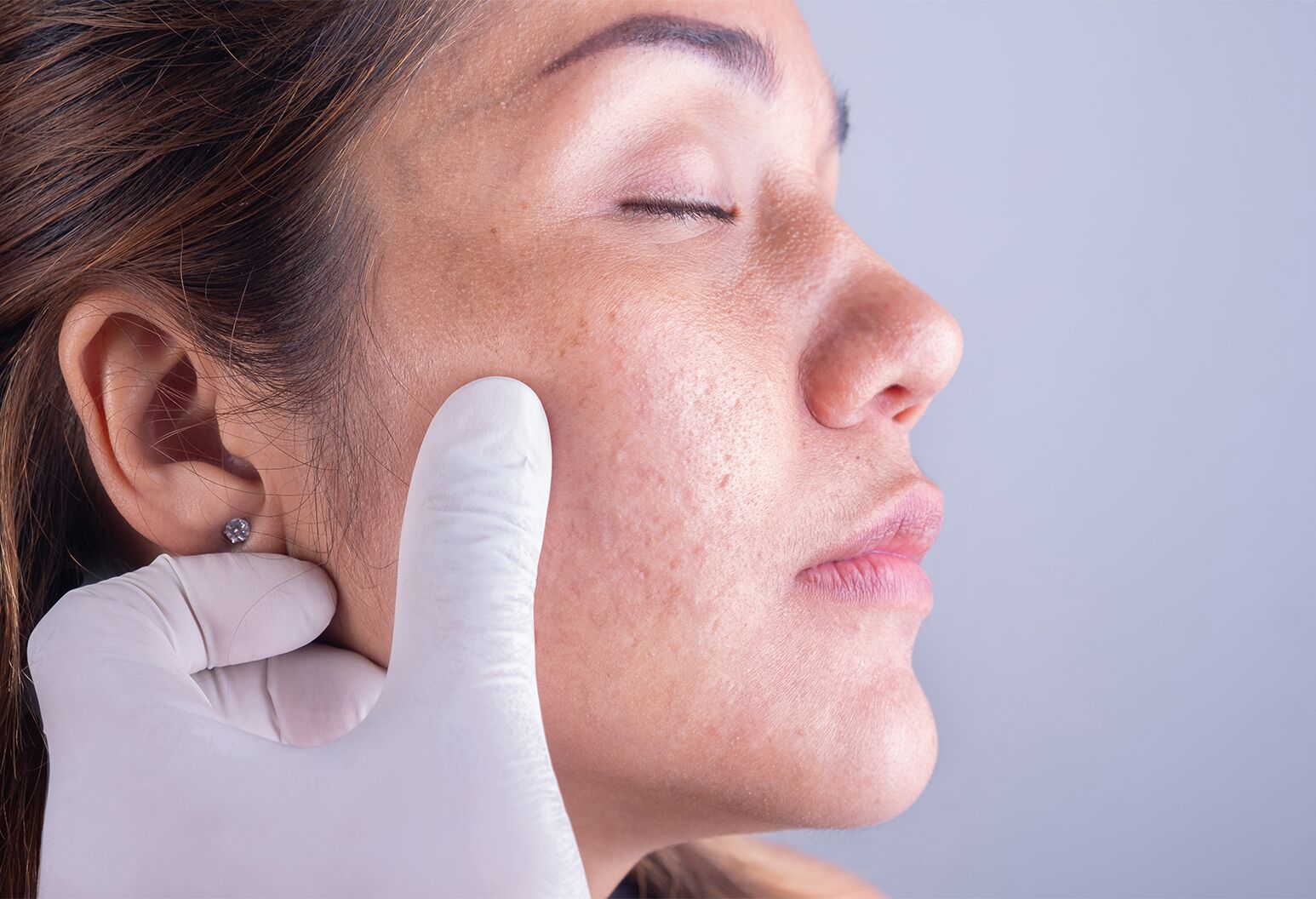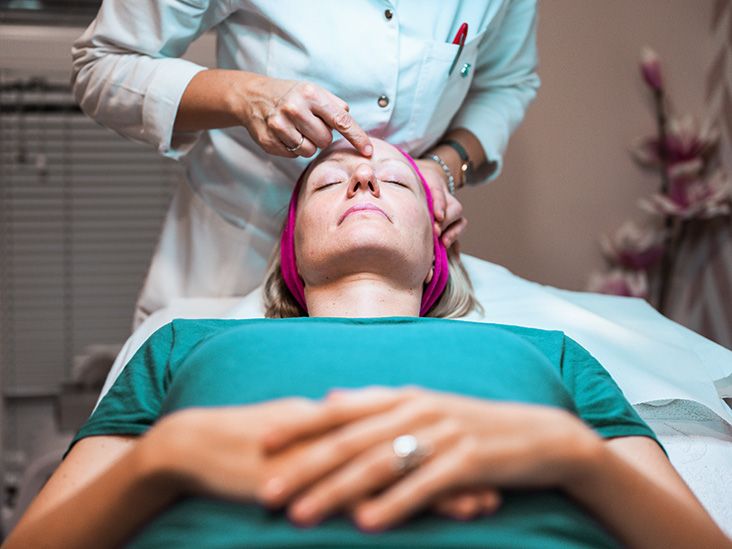Consult with a dermatologist specializing in mohs surgery for skin cancer treatment with high precision.
Consult with a dermatologist specializing in mohs surgery for skin cancer treatment with high precision.
Blog Article
Mohs Surgical Procedure Explained: A Key Procedure in Dermatology for Handling Skin Cancer Cells Efficiently
In the world of dermatology, Mohs surgical procedure stands as an essential treatment for combating skin cancer, especially basal cell and squamous cell cancer. This detailed surgical approach, developed by Dr. dermatologist. Frederic E. Mohs, focuses on the specific excision of cancerous skin layers, leaving healthy cells unblemished. However just what makes Mohs surgery so efficient and exactly how does it add to favorable patient results? As we dive much deeper right into the procedure, its benefits, and potential complications, real value of this treatment becomes progressively evident.
Comprehending the Fundamentals of Mohs Surgical Treatment
Although it may seem complicated, Mohs surgery is an accurate surgical technique used predominantly to deal with skin cancer cells. Called after Dr. Frederic E. Mohs, who developed the treatment, it gives the highest possible remedy rate for certain kinds of skin cancers cells, consisting of basal cell carcinoma and squamous cell cancer. The key goal of Mohs surgical treatment is to remove all cancer cells while sparing as much healthy and balanced cells as possible. It functions as a recommended choice for cancers located in cosmetically delicate or functionally important areas like the face, hands, feet, and genitals. Its accuracy and high success rate have made Mohs surgical procedure a keystone in dermatology, using wish to patients worldwide. It is essential to keep in mind, however, that this treatment is normally scheduled for particular kinds of skin cancer cells.

The Treatment: Step-by-Step Breakdown of Mohs Surgical Treatment
While Mohs surgical procedure could appear overwhelming, recognizing the detailed treatment can assist demystify the procedure. If cancer cells are identified, the doctor gets rid of one more layer of skin and the process is repeated. This cycle continues until no even more cancer cells are located, making sure the total removal of cancer cells while protecting as much healthy skin as feasible.
The Advantages of Mohs Surgery in Skin Cancer Therapy
An excellent number of individuals have actually found the one-of-a-kind benefits of Mohs surgical procedure in their fight against skin cancer cells. Concerned for its accuracy, this technique targets cancerous cells while maintaining bordering healthy tissue, bring about marginal scarring. Its high precision lowers the chance of Bonuses cancer reoccurrence, supplying clients with assurance. The treatment is normally executed on an outpatient basis under regional anesthesia, making it less exhausting on the body than even more intrusive surgical procedures. Additionally, as it includes instant tiny examination of the eliminated cells, it makes certain complete cancer removal in a single see. Hence, it eliminates the need for several surgical treatments, conserving time and lowering stress for patients. As a result, Mohs surgical treatment provides a remarkable alternative for reliable skin cancer cells therapy.
Possible Threats and Complications Connected With Mohs Surgical Procedure
Regardless of its countless benefits, Mohs surgical treatment is not without potential dangers and complications. In unusual cases, patients may experience nerve damage, leading to feeling numb or weak point in the area of surgical treatment. The emotional effect of a skin cancer diagnosis and subsequent surgical procedure must not be ignored, as it can lead to stress and anxiety and clinical depression in some people.
Preparing for and Recovering From Mohs Surgical Treatment: What to Anticipate
To make certain the most effective possible outcome from Mohs surgery, clients need to effectively get ready for the treatment and comprehend what to anticipate throughout healing. Preparation normally includes an this contact form in-depth conversation with the doctor concerning the individual's clinical history, present drugs, and potential allergies. Some drugs could require to be stopped before the surgery to minimize blood loss. Postoperative treatment is vital for successful recovery. Patients might experience light discomfort, redness, or swelling, which can be managed with suggested medicines. They are recommended to rest, stay clear of arduous tasks, and keep the surgical website clean and dry. Normal follow-ups are needed to keep track of healing and identify any type of problems early. The key to healing is clients' adherence to their healthcare copyright's directions.
Conclusion

Report this page